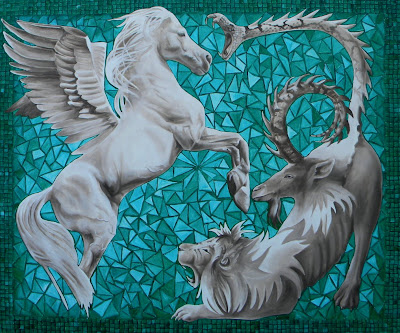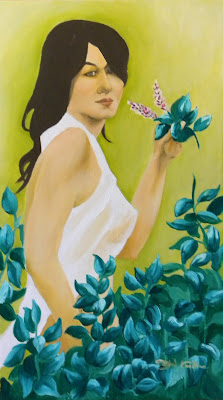 |
| ...by the sea.. |
Artisti insieme
Mai pensato di aver scattato una foto che poteva essere un quadro? Perché no? Ora basta inviarla all’artista che trasporta il tuo capolavoro nel mondo della pittura. Che sia un paesaggio oppure la persona amata, una tempesta oppure una bella giornata al sole, scegli di immortalare i tuoi ricordi nel modo più bello: fai parte del processo artistico.
Consulenza gratuita.
pagina Facebook: https://www.facebook.com/arteszabo
mail: szabokrisztina@libero.it; cristachiara@gmail.com
WhatsApp: +39 370 715 9669
 |
| -...on holiday... |
Te is művész vagy
Felmerült már valaha benned, hogy olyan remek fotót kattintottál el, ami akár egy festmény is lehetne? Semmi akadálya! Küldd el a képet nekem, és én festménnyé varázsolom a remekművedet. Lehet tájkép vagy a szerelmed, viharos égbolt vagy a nyaralás egy felethetetlen pillanata. Tedd az emlékedet méltó keretbe és legyél részese a művészi folyamatnak.
Ingyenes konzultáció.
Facebook oldal: https://www.facebook.com/arteszabo
mail: szabokrisztina@libero.it; cristachiara@gmail.com
WhatsApp: +39 370 715 9669
 |
| in Rome |
You are an artist too
Have you ever thought about that the photo you have taken was so excellent that it could be a painting? There's no problem. Send your picture to me and I will make it into an art piece. It could be a landscape, picture of your loved one, a stormy sky or an unforgettable moment of your holiday. Put your memory in a worthy fitting frame and be part of the art process.
Facebook page: https://www.facebook.com/arteszabo
mail: szabokrisztina@libero.it; cristachiara@gmail.com
WhatsApp: +39 370 715 9669
prezzi / árak / prices
acquarello su carta / akvarell papíron / watercolor on paper
18x24 cm: 30 €
prezzi / árak / prices
acquarello su carta / akvarell papíron / watercolor on paper
18x24 cm: 30 €
20x30 cm: 50 €
30x40 cm: 100 €
acrilico su tela / akril vásznon / acrylic on canvas
30x40 cm: 200 €
40x50 cm: 250€
50x70 cm: 400€
30x40 cm: 100 €
acrilico su tela / akril vásznon / acrylic on canvas
30x40 cm: 200 €
40x50 cm: 250€
50x70 cm: 400€
 |
| ...on bicycle... |























